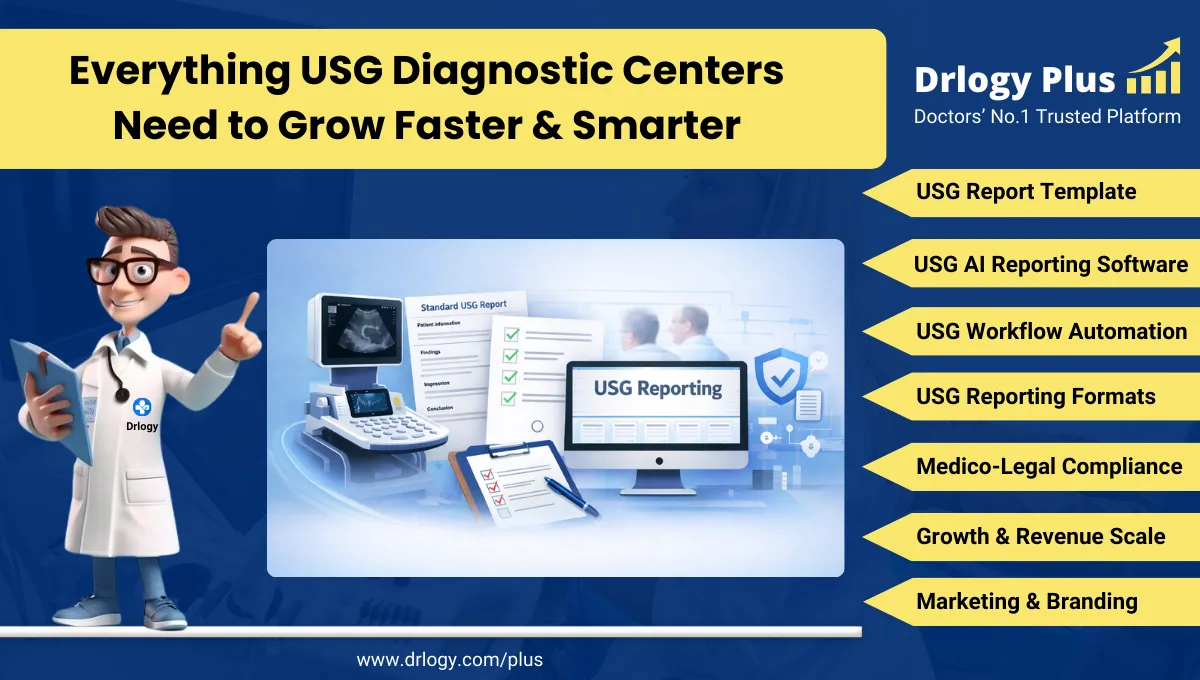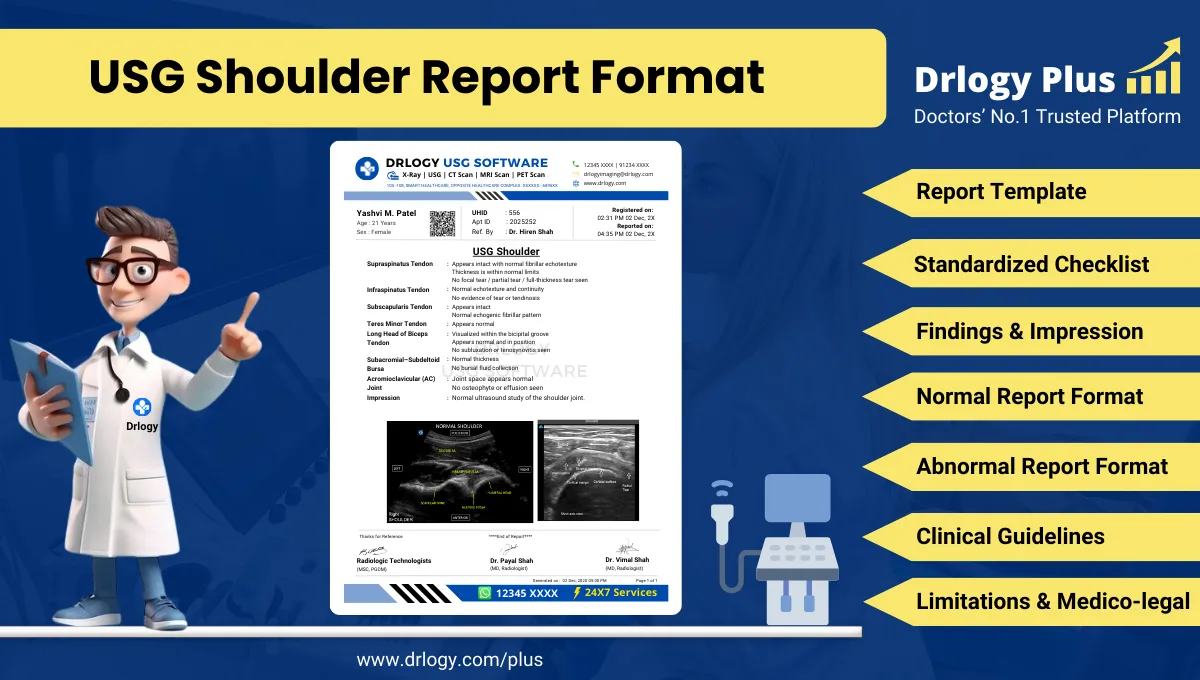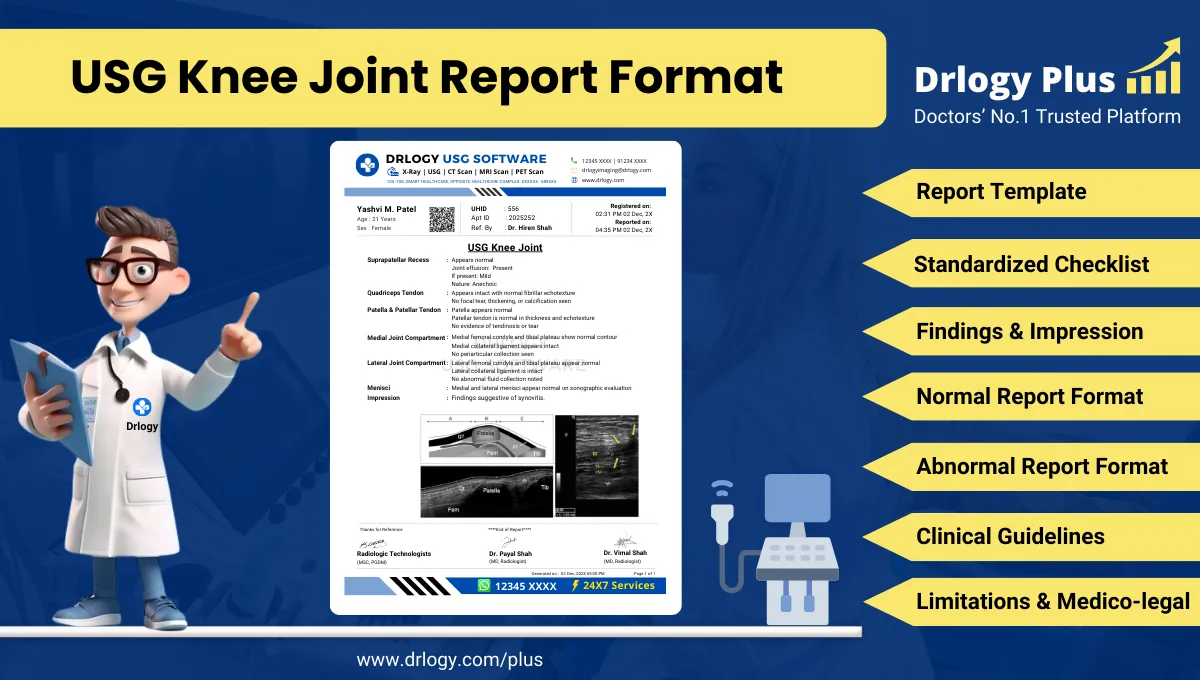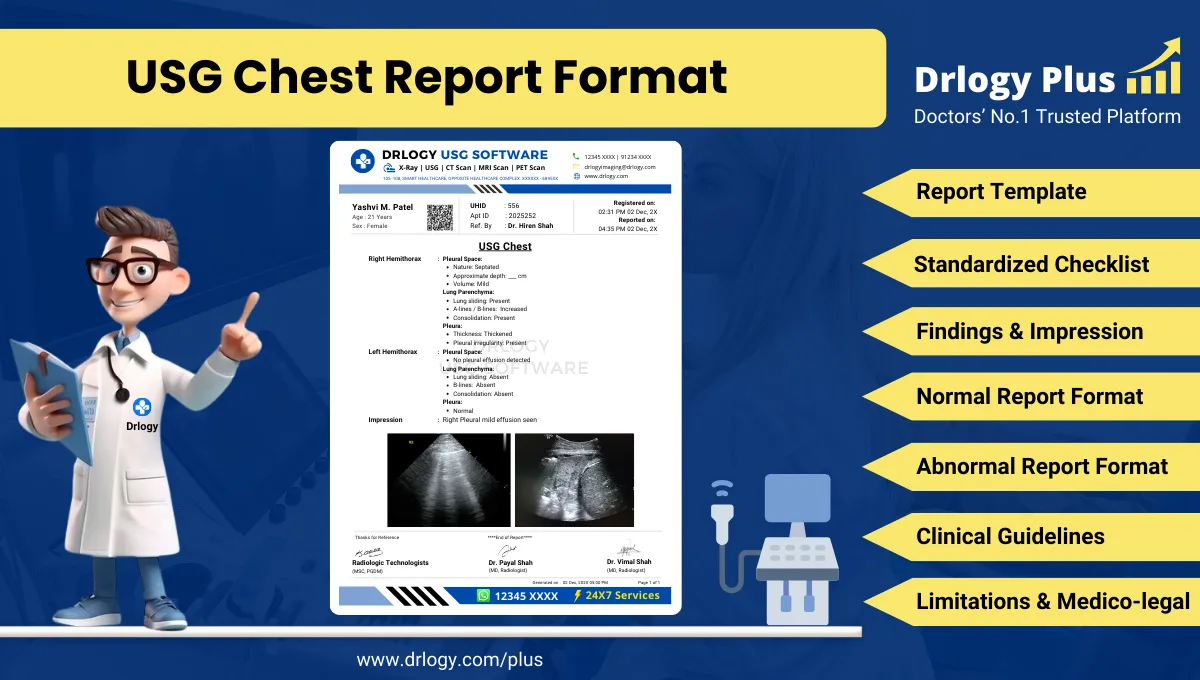
Drlogy
Healthcare organization
10 Reasons Why HMIS Must For Hospital Management System
In today's rapidly evolving healthcare landscape, implementing a Hospital Management Information System (HMIS) is imperative for optimizing operational efficiency, enhancing patient care delivery, and ensuring regulatory compliance. HMIS integrates various aspects of hospital management, streamlining processes and empowering healthcare providers to deliver high-quality care effectively
Do You Know?
- In a recent survey, 40% of hospitals reported experiencing financial losses due to inefficient Hospital Management Information System (HMIS) implementations.
- Additionally, 25% of hospitals admitted to feeling uncertain about the trustworthiness of their HMIS providers, highlighting concerns over data security and reliability.
In this guide, Drlogy offers comprehensive solutions to address the challenges and concerns associated with Hospital Management Information Systems, ensuring efficient operations and bolstering trust in healthcare delivery.
Recommended
10 Reasons Why HMIS Must For Hospital Management System
Here are 10 Reasons Why HMIS is Must For Hospital Management System.

1. Doctors Management
- HMIS streamlines Appointment scheduling, communication, and performance tracking for doctors.
- It facilitates efficient assignment of duties and patient allocation to doctors.
- Detailed records of doctors' qualifications, schedules, and patient interactions are maintained.
- Integration with other systems ensures seamless data flow and coordination.
Drlogy HMIS offers comprehensive tools for managing doctors effectively, ensuring optimized workforce utilization and improved patient care.
2. Patient Management
- HMIS simplifies patient registration, appointment scheduling, and follow-up.
- It maintains detailed patient records, including medical history, diagnosis, and treatment plans.
- HMIS automates patient tracking throughout their healthcare journey.
- Integration with patient portals enhances patient engagement and communication.
Drlogy HMIS provides a centralized platform for efficient patient management, resulting in improved satisfaction and outcomes.
3. Staff Management
- HMIS facilitates staff scheduling, performance evaluation, and training management.
- It streamlines communication among staff members and enhances collaboration.
- Detailed records of staff qualifications, certifications, and duties are maintained.
- HMIS automates administrative tasks related to staff management, saving time and reducing errors.
Drlogy HMIS ensures efficient staff management, leading to improved productivity and morale within the hospital workforce.
4. Inventory Management
- HMIS tracks inventory levels, expiration dates, and usage patterns.
- It automates inventory replenishment and alerts for low stock levels.
- Integration with suppliers streamlines procurement processes.
- HMIS optimizes inventory storage and distribution, reducing wastage and costs.
Drlogy HMIS offers robust inventory management capabilities, ensuring adequate supplies and minimizing disruptions in patient care.
5. Prescription Management
- HMIS streamlines prescription writing, dispensing, and tracking.
- It integrates with pharmacy systems for seamless medication management.
- HMIS checks for drug interactions, allergies, and dosage errors.
- It maintains detailed medication records for each patient.
Drlogy HMIS enhances medication safety and adherence, improving patient outcomes and reducing medication errors.
6. Data Security
- HMIS implements robust security measures to protect patient data from unauthorized access or breaches.
- It ensures compliance with healthcare regulations such as HIPAA, GDPR, and PHI.
- HMIS employs encryption, access controls, and audit trails to maintain data integrity and confidentiality.
- Regular security updates and audits are conducted to mitigate potential vulnerabilities.
Drlogy HMIS prioritizes data security, providing peace of mind to patients and healthcare providers regarding the safety of their information.
7. Financial Billing Management
- HMIS automates billing processes, including invoicing, payment collection, and claims submission.
- It generates accurate and timely billing statements for patients and insurance companies.
- Integration with accounting systems ensures financial data integrity and reconciliation.
- HMIS offers reporting tools for financial analysis and forecasting.
Drlogy HMIS streamlines financial billing management, ensuring efficient revenue cycle management and improved financial performance.
8. Insurance Management
- HMIS tracks insurance coverage, eligibility, and claims processing for patients.
- It verifies insurance information during patient registration and appointment scheduling.
- HMIS submits claims electronically to insurance companies for faster reimbursement.
- Integration with insurance databases ensures up-to-date information and seamless communication.
Drlogy HMIS simplifies insurance management, reducing administrative burdens and optimizing revenue collection for hospitals.
9. Digital Medical Records
- HMIS maintains comprehensive electronic health records (EHR) for each patient.
- It includes medical history, diagnostic tests, treatment plans, and progress notes.
- HMIS facilitates easy access to medical records by authorized healthcare providers.
- It supports interoperability standards for sharing patient data with other healthcare systems.
Drlogy HMIS ensures accurate and accessible digital medical records, promoting continuity of care and informed decision-making.
10. Better Patient Experience
- HMIS enhances patient satisfaction through streamlined processes and personalized care.
- It offers convenient appointment scheduling, shorter wait times, and improved communication.
- HMIS empowers patients with access to their medical records and engagement in treatment decisions.
- Integration with telemedicine platforms enables remote consultations and virtual care options.
Drlogy HMIS prioritizes the patient experience, resulting in increased trust, loyalty, and positive outcomes.
Budget Allocation For HMIS in Hospital Management System
Here are Budget Allocation For HMIS in Hospital Management System.
| Aspect | Small Hospital | Medium Hospital | Large Hospital |
|---|---|---|---|
| HMIS Annual Budget | 25k-50k | 50k-1 Lakh | 1-5 Lakh+ |
| No of Beds | Less than 50 | 50 - 100 | 100+ |
| Expected ROI | |||
| Efficiency Improvement | 10x | 20x | 40x |
| Revenue Increase | 5x | 10x | 20x |
| Cost Savings | 2x | 4x | 8x |
Note: The ROI figures are estimated multiples of improvement based on efficiency, location, revenue increase, and cost savings over a certain period, compared to pre-HMIS implementation.
10 Mistakes to Avoid Before Choosing HMIS For Hospital Management System
Here are 10 Mistakes to Avoid Before Choosing HMIS For Hospital Management System.
- Rushing the Decision: Avoid hastily selecting an HMIS without thorough research and evaluation of your hospital's specific needs.
- Ignoring Stakeholder Input: Failing to involve key stakeholders like doctors, nurses, and administrators in the decision-making process can lead to overlooking essential requirements.
- Overlooking Scalability: Choosing an HMIS that doesn't scale with your hospital's growth can result in costly system upgrades or replacements in the future.
- Neglecting Integration Capabilities: Ensure the HMIS can seamlessly integrate with existing systems such as EMRs, billing software, and laboratory equipment to avoid data silos and workflow disruptions.
- Underestimating Training Needs: Inadequate training for staff on using the HMIS can lead to resistance, errors, and inefficiencies in implementation.
- Sacrificing Security: Prioritize data security features to protect sensitive patient information from breaches, ensuring compliance with healthcare regulations.
- Ignoring Customization Options: Opt for an HMIS that offers customization to tailor the system to your hospital's unique workflows and preferences.
- Failing to Consider Support Services: Ensure the HMIS vendor provides reliable customer support, including implementation assistance, ongoing maintenance, and troubleshooting.
- Disregarding Budget Constraints: Avoid selecting an HMIS that exceeds your budget, considering not only initial costs but also long-term maintenance and upgrade expenses.
- Neglecting Future Needs: Choose an HMIS that aligns with your hospital's long-term goals and technological advancements to avoid outgrowing the system prematurely.
10 Benefits Of Having HMIS For Hospital Management System
Here are 10 Benefits of having HMIS For Hospital Management System.
- Streamlined Operations: HMIS optimizes hospital workflows, reducing administrative burden and improving efficiency.
- Enhanced Patient Care: Access to comprehensive patient records facilitates better diagnosis, treatment, and follow-up.
- Improved Communication: HMIS fosters seamless collaboration among healthcare teams, leading to better care coordination.
- Data Security: Advanced security features to safeguard sensitive patient information, ensuring compliance with regulations.
- Financial Management: HMIS automates billing processes, optimizes revenue cycle management, and reduces errors.
- Resource Optimization: Real-time analytics help in resource allocation, inventory management, and staff scheduling.
- Better Decision-making: Access to insights enables informed decision-making for improved outcomes.
- Patient Engagement: Patient portals and communication tools enhance patient engagement and satisfaction.
- Regulatory Compliance: HMIS ensures adherence to healthcare regulations, minimizing risks and penalties.
- Scalability: Scalable HMIS solutions grow with the hospital's needs, adapting to changes in patient volume and services.
Drlogy Hospital Management System Features Guide For HMIS
Here are 16 Steps Drlogy Hospital Management System Features Guide For HMIS Selection.
| 1. HMIS | 9. Billing |
| 2. OPD Management | 10. Patient Portal |
| 3. IPD Management | 11. EMR and EHR Management |
| 4. ICU Management | 12. MRD Management |
| 5. OT Management | 13. Ambulance Management |
| 6. Lab Management | 14. Biomedical Waste |
| 7. Radiology Management | 15. Online Appointment |
| 8. Pharmacy Management | 16. ROI and Budget |
Summary
In conclusion, selecting the best HMIS for Hospital Management System requires thorough consideration of budget allocation, expected ROI, and specific hospital needs to ensure efficient operations, improved patient care, and long-term success.
Explore the complete 16 steps Drlogy Hospital Management System (HMS) guide for comprehensive insights into optimizing hospital operations and patient care.




